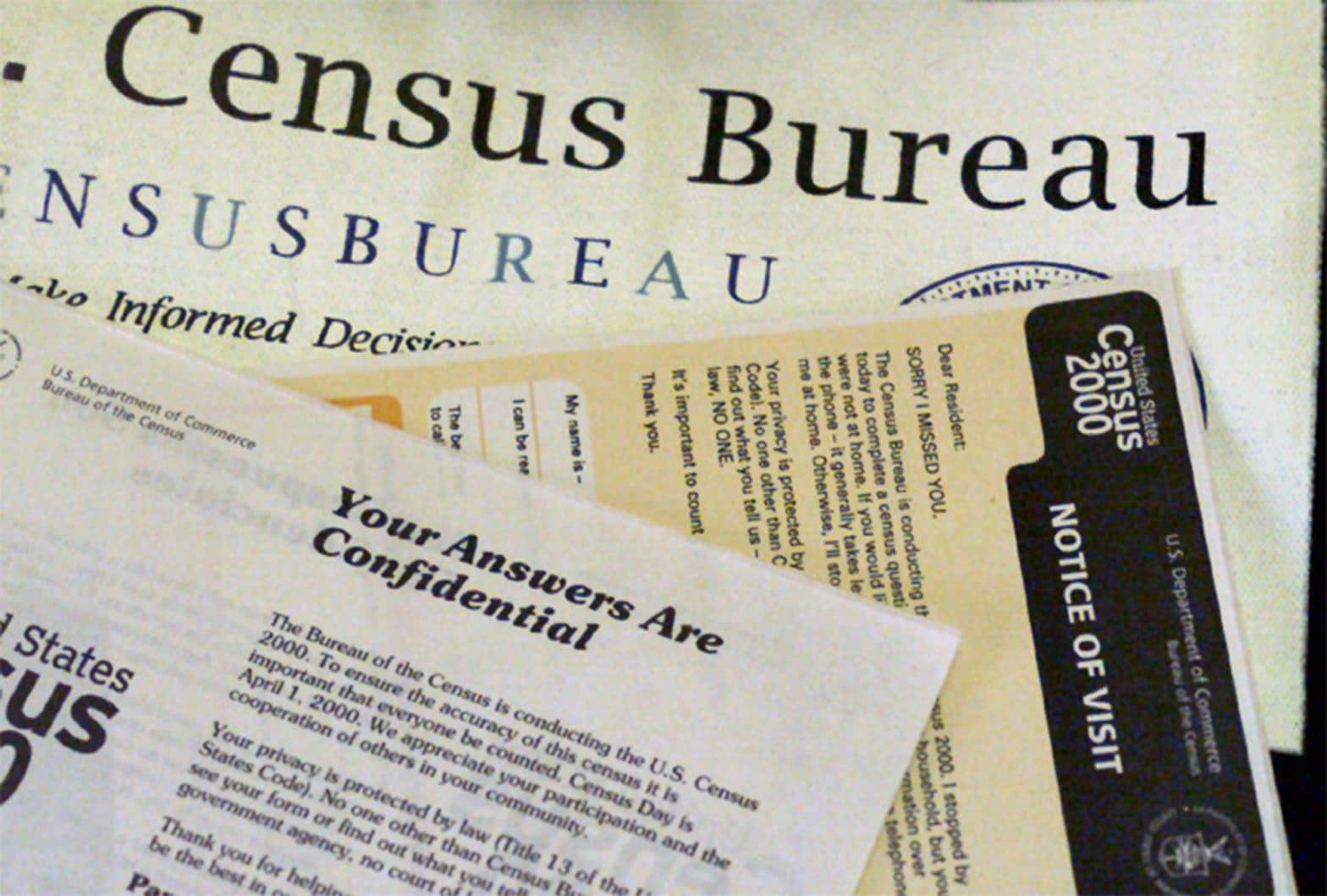Justices to Consider Whether Census Citizenship Question Is Unconstitutional

The Supreme Court on Friday expanded the scope of oral arguments slated for April 23 on whether to reinstate a controversial question about citizenship proposed for the 2020 census to consider if the inquiry would violate the Constitution.
Lower courts in New York and California have already issued rulings on whether Commerce Secretary Wilbur Ross’ decision to add a citizenship question to the upcoming census is arbitrary and capricious under federal law.
A federal judge in New York ruled that it was, prompting the Trump administration’s appeal to the Supreme Court. Since then, a judge in California has ruled that adding the question to the census isn’t just wrongheaded, but also unconstitutional.
The justices originally granted review of the New York case to decide whether that decision violated federal laws governing administrative agencies, but on Friday afternoon they announced that in light of the California ruling, they will also consider whether the inclusion of the question violates the Constitution’s enumeration clause.
Found in Article I, 1, § 2, cl. 3 of the Constitution, the Enumeration clause states that representatives shall be apportioned “among the several States … according to their respective numbers” and that an “actual Enumeration” of the U.S. population be undertaken every 10 years.”
The request for the justices to add the constitutional question to their deliberations came from U.S. Solicitor General Noel Francisco. In a letter to court dated March 11, Francisco notified the justices of the California ruling and of the administration’s intent to appeal it as soon as the judgment is formally entered.
However, Francisco said, “in light of the June 2019 deadline to finalize the decennial census questionnaire, we respectfully suggest that the most orderly path forward would be for this Court to hold the forthcoming California petition and address the Enumeration Clause claim in its disposition of this case.”
Among other things, he said, dealing with the Enumeration Clause claim in the California case now would enable the court to avoid having to take it up in “a highly expedited or emergency posture.”
The letter went on to suggest that only by dealing with both issues can the justices issue a final, definitive ruling on the matter. To fail to do so, even if the Supreme Court ruled that the citizenship question does not violate federal administrative laws, would still allow lower courts to cite the enumeration clause as reason to block the government from including it.
Because they expanded issues they will consider during oral arguments, the Justices have given the parties until April 1 to file briefs on the enumeration clause issue.






















